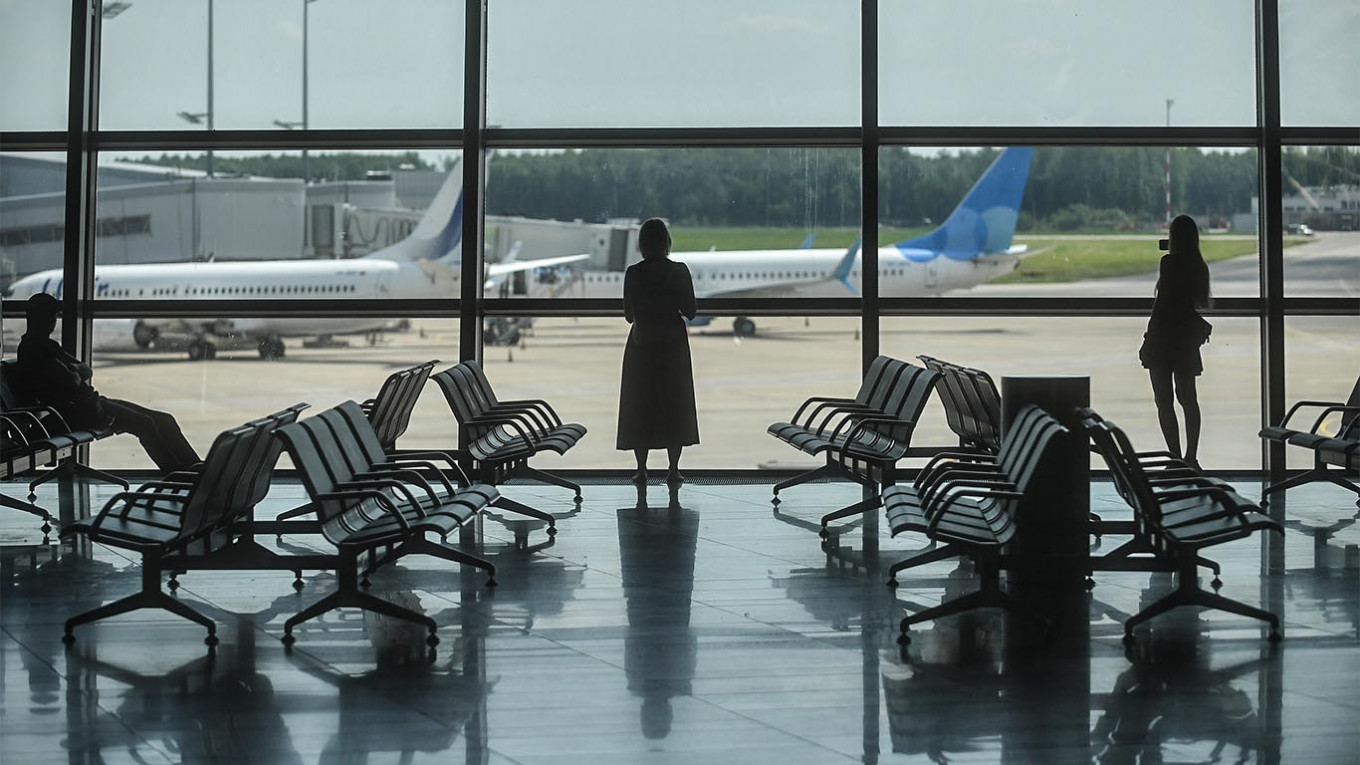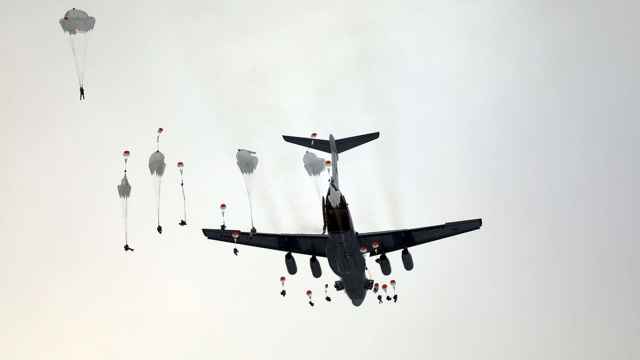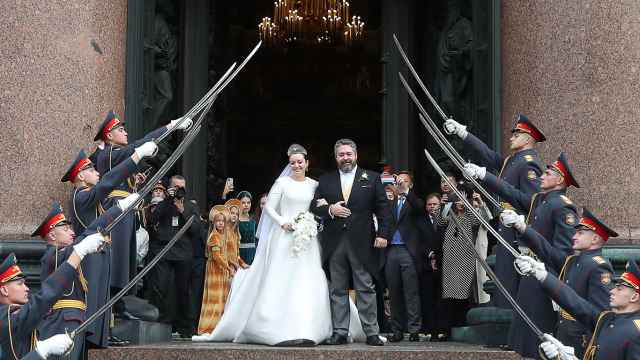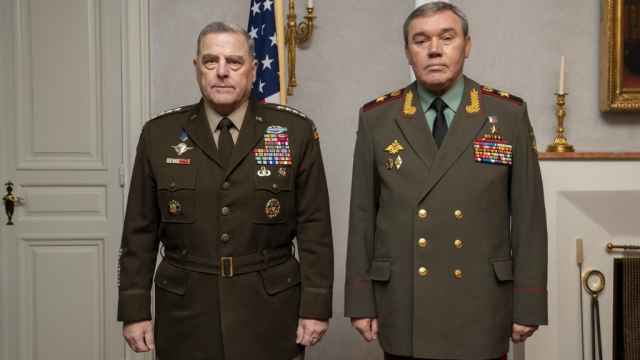The United States has informed Russia that it will not return to the Open Skies Treaty, a key international arms control pact, the Associated Press reported Thursday.
The decision came weeks after the U.S. said it was reviewing the previous administration’s withdrawal in November as the decision for Russia’s own exit from the Open Skies Treaty is advancing through parliament. Until Thursday both sides had said the pact could still be revived.
Deputy Secretary of State Wendy Sherman informed Russian Deputy Foreign Minister Sergei Ryabkov that Washington “does not intend to seek to rejoin” the Open Skies Treaty, according to the AP.
Sherman attributed the withdrawal to “Russia’s failure to take any actions to return to compliance” and “recent actions with respect to Ukraine, [which are] not that of a partner committed to confidence-building.”
Russia’s Foreign Ministry confirmed to the state-run TASS news agency later Thursday that it had been notified of the U.S. intent.
The Open Skies Treaty, which was signed in 1992 and came into force in 2002, allowed its three dozen members to conduct joint unarmed short-notice observation flights over countries’ territories to monitor potential military operations.
Experts have warned that the U.S. withdrawal would debilitate its European NATO allies’ overflights because they lack satellite reconnaissance capabilities.
Moscow has said that its proposals to retain the treaty’s “viability” had been cold-shouldered by Washington. Russia and the U.S. have long accused each other of breaching the trust-building pact.
Lawmakers in Russia’s upper house are expected to vote on President Vladimir Putin’s bill formalizing Moscow’s exit from the Open Skies Treaty next week.
That could mean that both the U.S. and Russia will have quit the Open Skies Treaty by June 16, when Putin and U.S. President Joe Biden will hold their first summit in Geneva.
The meeting will take place amid sharply deteriorating ties. Biden has taken a firm line against Russia since taking over the White House in January, in sharp contrast to his predecessor Donald Trump.
A Message from The Moscow Times:
Dear readers,
We are facing unprecedented challenges. Russia's Prosecutor General's Office has designated The Moscow Times as an "undesirable" organization, criminalizing our work and putting our staff at risk of prosecution. This follows our earlier unjust labeling as a "foreign agent."
These actions are direct attempts to silence independent journalism in Russia. The authorities claim our work "discredits the decisions of the Russian leadership." We see things differently: we strive to provide accurate, unbiased reporting on Russia.
We, the journalists of The Moscow Times, refuse to be silenced. But to continue our work, we need your help.
Your support, no matter how small, makes a world of difference. If you can, please support us monthly starting from just $2. It's quick to set up, and every contribution makes a significant impact.
By supporting The Moscow Times, you're defending open, independent journalism in the face of repression. Thank you for standing with us.
Remind me later.






